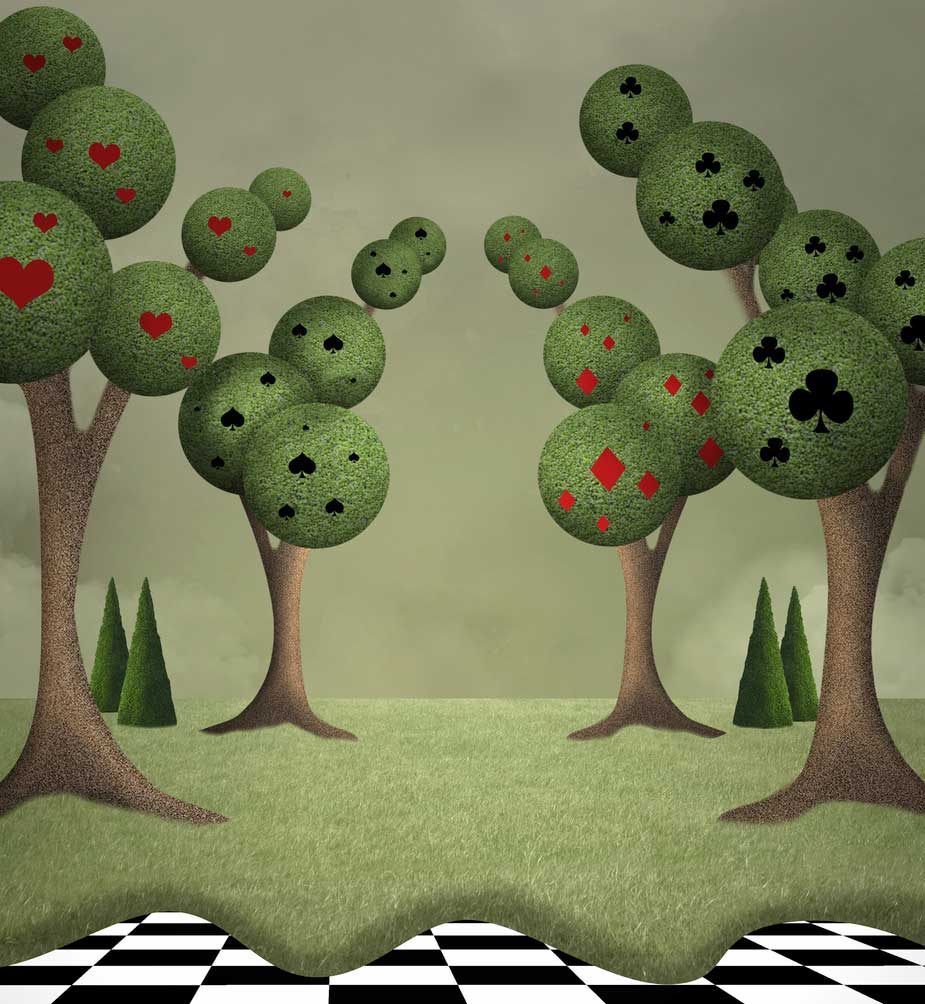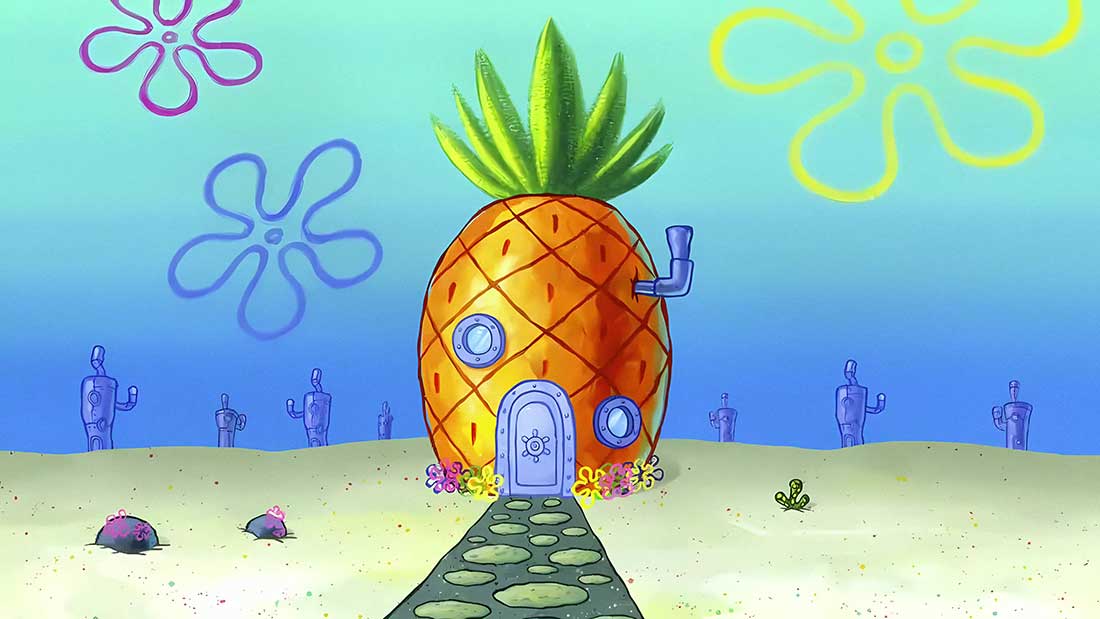ion
nounAn atom or a group of atoms that has acquired a net electric charge by gaining or losing one or more electrons.
nounAn abbreviation of
In physical chemistry, one of the particles, bearing electric charges, which carry electric currents through the air or other gas. See
In physical chemistry, the word ion added, as a suffix, to the abbreviated name of an atom or radical to form a name for the atom or radical in the ionic state: thus chlorion means an atom of chlorin in the ionic condition; cuproion or cupriion, the ion of univalent and of bivalent copper.
nounAn abbreviation of
A suffix in abstract nouns (many also used as concrete) of Latin origin, as in
A similar suffix occurring in a few concrete nouns designating persons or things, as in
One of the elements of an electrolyte, or compound body undergoing electrolyzation.
nounan atom or group of atoms (radical) carrying an electrical charge. It is contrasted with neutral atoms or molecules, and free radicals. Certain compounds, such as sodium chloride, are composed of complementary ions in the solid (crystalline) as well as in solution. Others, notably acids such as hydrogen chloride, may occur as neutral molecules in the pure liquid or gas forms, and ionize almost completely in dilute aqueous solutions. In solutions (as in water) ions are frequently bound non-covalently with the molecules of solvent, and in that case are said to be solvated. According to the electrolytic dissociation theory, the molecules of electrolytes are divided into
One of the small electrified particles into which the molecules of a gas are broken up under the action of the electric current, of ultraviolet and certain other rays, and of high temperatures. To the properties and behavior of ions the phenomena of the electric discharge through rarefied gases and many other important effects are ascribed. At low pressures the negative ions appear to be electrons; the positive ions, atoms minus an electron. At ordinary pressures each ion seems to include also a number of attached molecules. Ions may be formed in a gas in various ways.




